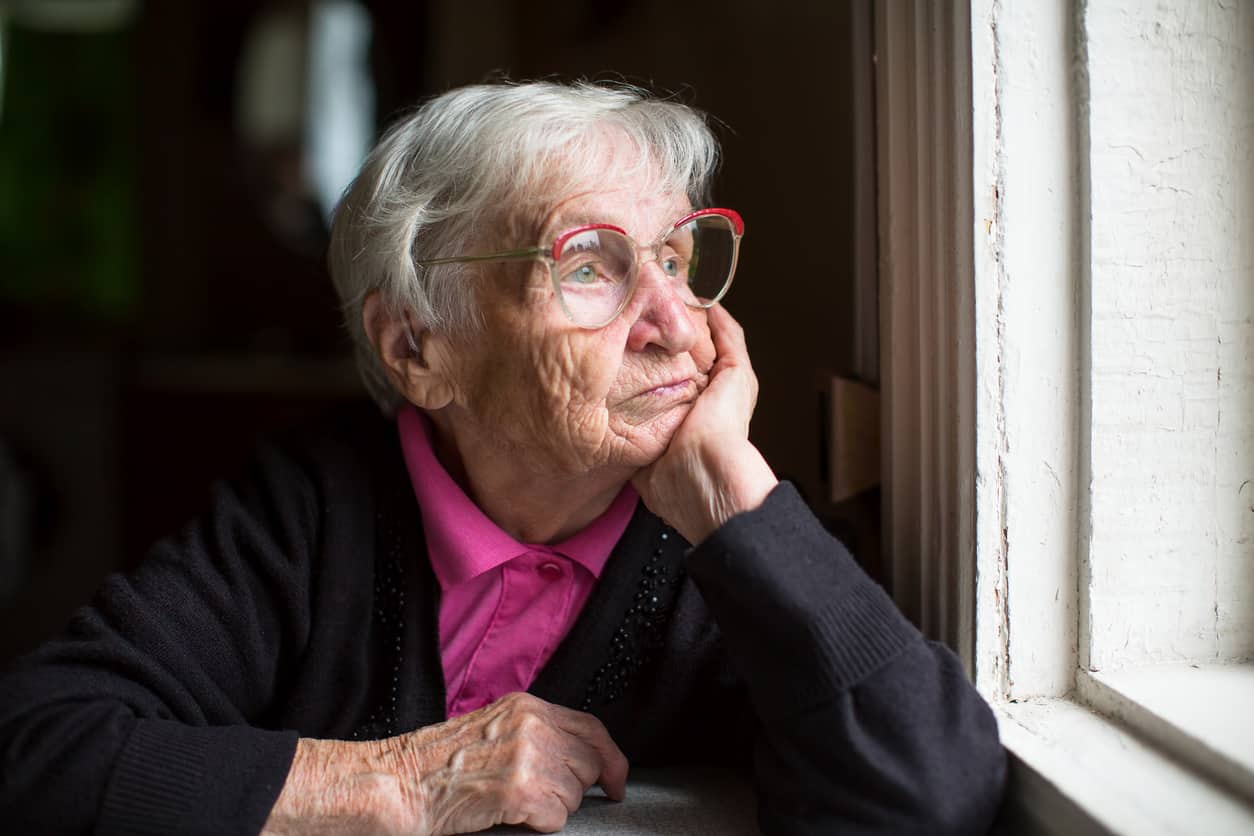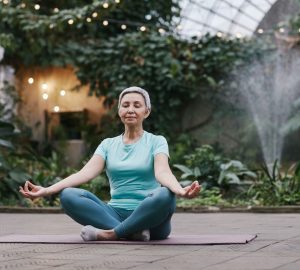Social isolation and loneliness are common with ageing adults and it is something that communities across the world are attempting to combat through senior programming and resources. As people age, their loved ones pass away and health conditions arise that can lead to various social and physical barriers. While this is a natural part of ageing, it often leaves older adults lacking social support and meaningful contact with others. If left unaddressed, this can become problematic. Research has shown correlations between social isolation and increased risk of dementia and elder abuse. Furthermore, loneliness has been linked to an increase in cognitive decline, susceptibility to infection and high blood pressure.
Whether you are concerned about a loved one or you’re seeking to provide support and community to seniors, here are some strategies for combating social isolation and loneliness.
Find a Furry Friend
Some older adults just simply aren’t a big fan of socializing with other people and that’s okay. When you’re dealing with someone who isn’t a people-person, you have to think outside the box when it comes to meaningful contact. Animals are a great option in this case. If an individual isn’t capable of owning a therapy pet, then try to regularly schedule animal therapy time for that person. Holding, petting, talking to, grooming and playing with an animal can provide the same health benefits and social support that one can get from connecting with a human.
Reminisce
Reminiscence therapy is generally when a topic is picked and participants narrate their memories or life stories associated with that topic. Music, photos and art are often incorporated into reminiscence therapy. This sort of activity is typically done in a group setting, but it can be done one-on-one as well. During reminiscence therapy, participants access happy memories that provide positive emotional feedback. In turn, this improves a person’s quality of life.
Promote a Sense of Purpose
Seniors who remain active in their hobbies and interests are less likely to deal with the negative effects of social isolation. Things that may provide someone with a sense of purpose could be volunteering for a cause they care about, attending a faith-based service, taking care of an animal or garden, learning a new skill or being part of a group or club.
Teach Social Media Skills
For all its faults, there is one thing technology and the age of social media has done well and that is keeping us connected. Too connected, in fact. We are now hearing about people taking “digital detox”es. That said, many older adults were never taught how to use digital devices to their fullest and many could benefit from being made aware of how they can connect with old friends and new. Twitter’s capped posts are loved by people living with dementia. Someone could find a long-lost love or childhood friend on Facebook. The internet is full of support groups for various issues one could be facing. Grandparents can play Scrabble on their tablet with a grandchild that lives miles away. One could find a free online course in something they’re interested in. The options and possibilities are endless!
Tour Adult Day Care Centers
Most communities will have Adult Day Care Centers or Senior Centers of some kind where older adults can come and participate in group activities, learn new skills, socialize, take day trips, enjoy refreshments, or even access certain health services. Finding a community that feels right to an individual may take some time, so check out a few if more than one option is possible. Family caregivers benefit from communities like these. When their loved one spends time at a senior center, it gives the caregiver respite. This is incredibly important and allows them to continue having the mental wellbeing they need to care for their loved one. Adult Day Care communities can benefit from software programs that are designed to enhance connection and engagement for their service users like adult day care software
Reach Out to Neighbors
In the words of Fred Rogers, “Won’t you be my neighbor?” Neighbors go under-utlized in our world today. Being able to identify trusted, nearby neighbors can be life-changing for an isolated senior. Friendly neighbors can keep a lookout for anything wrong or suspicious. Additionally, caring neighbors may even go out of their way to do things like engaging the individual in conversation, bringing over food, inviting them over for holidays, offering to help with yard work or taking them to an appointment.








